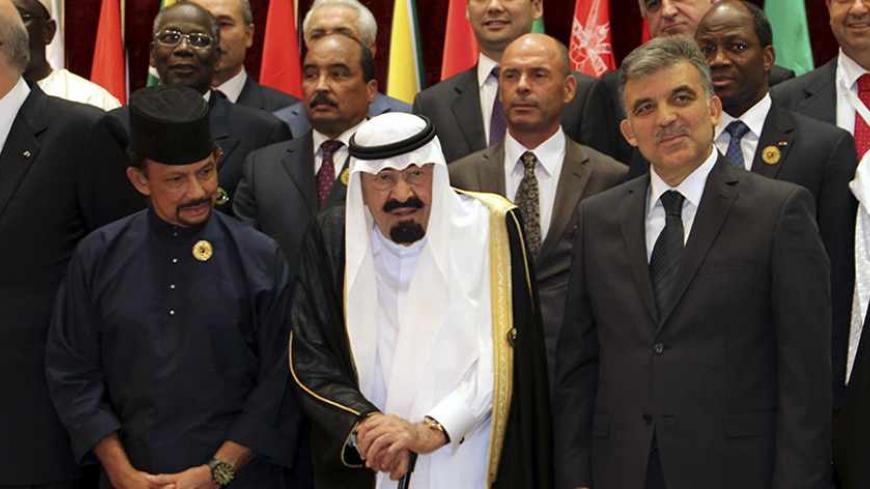An overly ambitious Foreign Minister Ahmet Davutoglu boasted during a speech to the Turkish parliament less than two years ago in April 2012 that Turkey was the principal pacesetter in the region.
“As Turkey, we will continue to guide the winds of change in the Middle East and be its leader,” a self-assured Davutoglu said. He added that from the streets of Cairo, Tripoli and Beirut, all the way to Jerusalem and Tunisia, Turkey was admired as a country that had the capacity to determine the region’s future order based on peace and brotherhood. “No matter what anyone says, the leader and the spokesman for this new peaceful order will be Turkey,” Davutoglu said back then.



